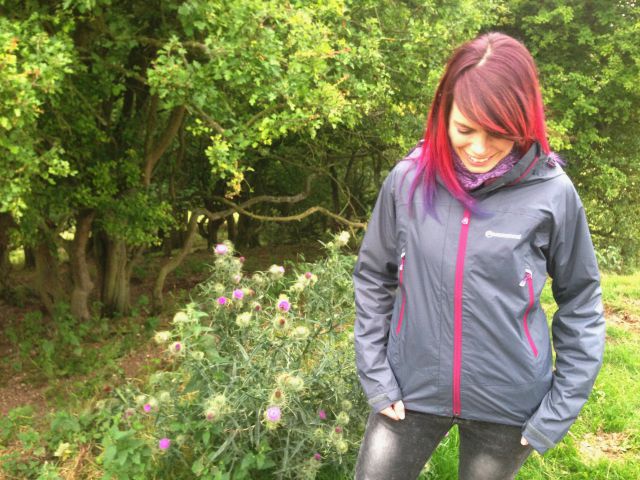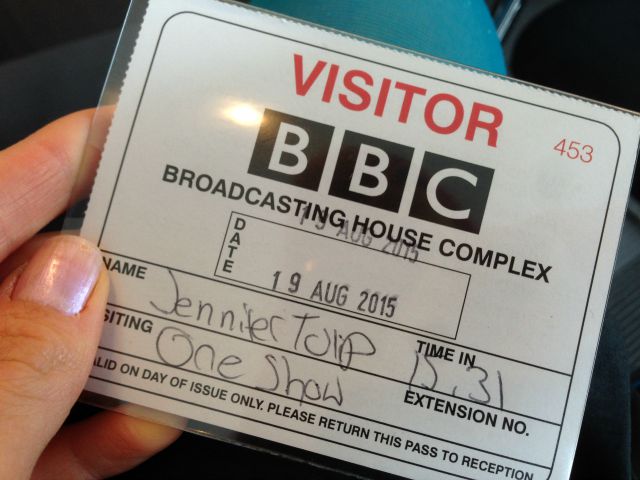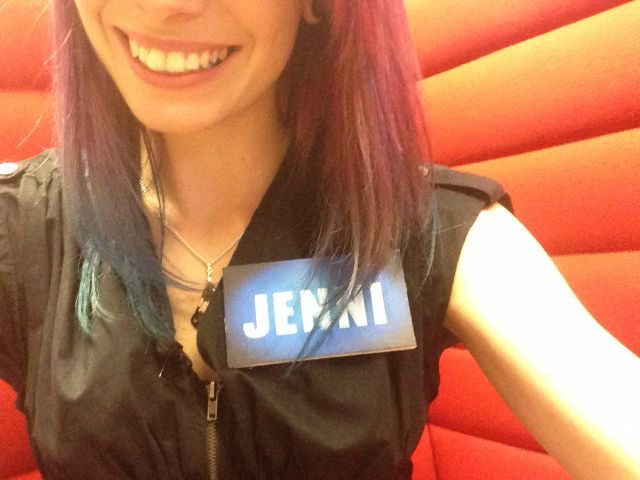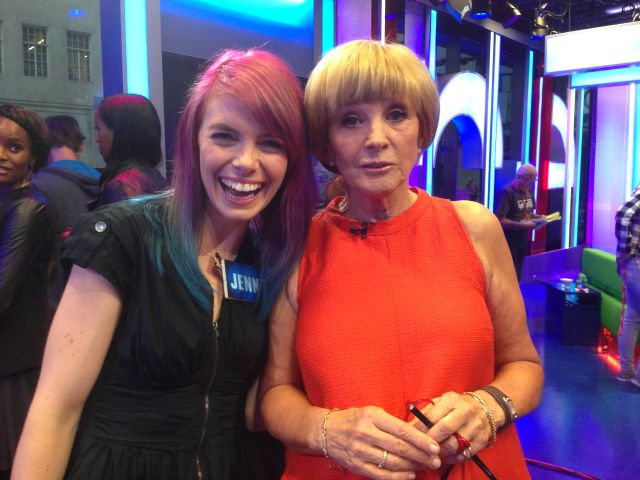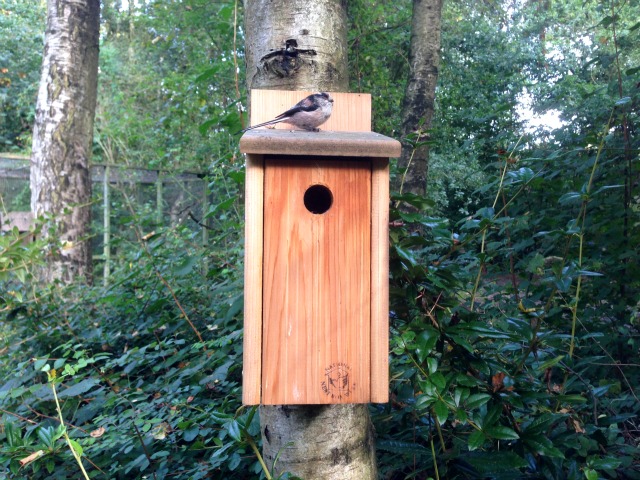For me, one of the most difficult aspects of keeping animals, watching wildlife and rescuing wildlife is coming to terms with death. Even though I have experienced animal death tens of times in my lifetime I still find it hard to get my head around death. Even though I have learnt to accept death, it still hurts.
Last week, the rescued thrush chick we had spent two week raising from the tender age of 4 days old, died. She was so tiny, nude and weak when we found her and for serval days it was touch and go. Despite our fears she grew stronger each day and was almost ready to leave her nest when she died. We don't know why but my step dad Ian went to feed her and she had her head scrunched between her shoulders and looked weak. A few minutes later she passed. I really thought she would be fine.
A couple of days before a fox took a hen. Stupidly I thought the hens would be ok to roam while I popped out with a friend for an hour. Ian and Paddy the dog were in the workshop just metres from where the hens were, yet this didn't put off the fox. When my friend and I returned home the chickens were alarm calling. I counted the hens but three were missing. We began to search for the missing hens and I came across a foxes backend sticking out of the ground. It wasn't moving and was surrounded by flies so I knew it was dead. I pulled at the animal but it was stuck. In a fluster I ran back to the workshop to tell Ian about the dead fox and ask for his help to look for the missing hens. At this point our next door neighbour's son, Jack, arrived at the gate and explained he had disturbed a fox on the track behind the wood and it had a hen in its jaws, but dropped it before running off. He said the two other missing hens were in his field-luckely they had escaped and were fine.
While Ian, Jack and my friend went to assess the dead fox I ran to the track and found the hen in a mess. While scooping her up she moved but I wasn't sure whether to be relieved. Her injuries could mean she was in a lot of pain. I quickly looked through her feathers which revealed bite wounds to the back and side of her neck, and ripped skin on her back, but the wounds didn't look deep. Her head was floppy so I still feared she was too injured to let her suffer. After an hour of peace in a carry cage in a dark area she looked a bit better. She was sitting on her feet and holding her head up, which was a good sign. A local farmer brought round a livestock spray that protects wounds and keeps flies off.
When the dead fox was dug from the ground it was clear she had got her head stuck in a rabbit hole but couldn't pull it back out. Here teats were swollen indicating she was suckling cubs. It was a horrible though- a long, slow death and cubs without a mother. The fox that took then hen was probably the father to the cubs and it crossed my mind that my hen would have helped those cubs stay alive. I wasn't sure whether to feel guilty they didn't have food or whether to be thankful the hen was alive. If the fox was taking meat to the cubs it's likely the cubs were almost weaned so should have a good chance of survival.
The hen is making good but slow recovery. She's moving around more but spends most of her day hiding in the coop. At first I kept her in a large cage in the coop to keep the other hens from pecking her but she didn't appear to be eating or drinking. I let her out after two days and she ate her food and drank water but looked stiff and in pain. I thought it was better she eat and drink and risk getting a bit pecked rather than keep her separate from then on. It's been a week and a half since her attack so hopefully she will make a full recovery.
I won't risk letting the hens out of their enclosure unless I'm literally stood with them. It's not worth the risk and worry. A hungry fox with cubs will make best of any opportunity as proven by the attack; it took place just 7 meters from a human and a dog!
Death is hard to deal with but it's a part of life, so we must face it.
Death is hard to deal with but it's a part of life, so we must face it.


















































